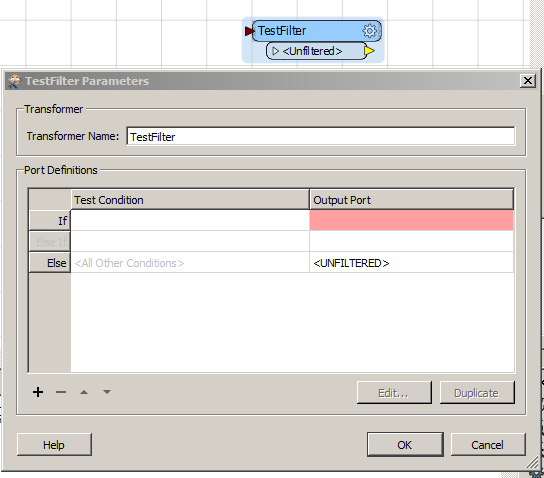I am attempting to update an xml attribute (geodb_metadata_file) for multiple features. Some features have more xml content than others. I need to figure out which nodes are missing and will add content and which nodes are there and need to update content. There are about 7 nodes that I am testing but could be more so I need a generic way to test. a "for each" loop through a list of nodes to test and pathing the result into either update or add is my pseudo solution, but I don't know how to do that in a workspace except to have multiple testers which feels wrong.
Please help!









